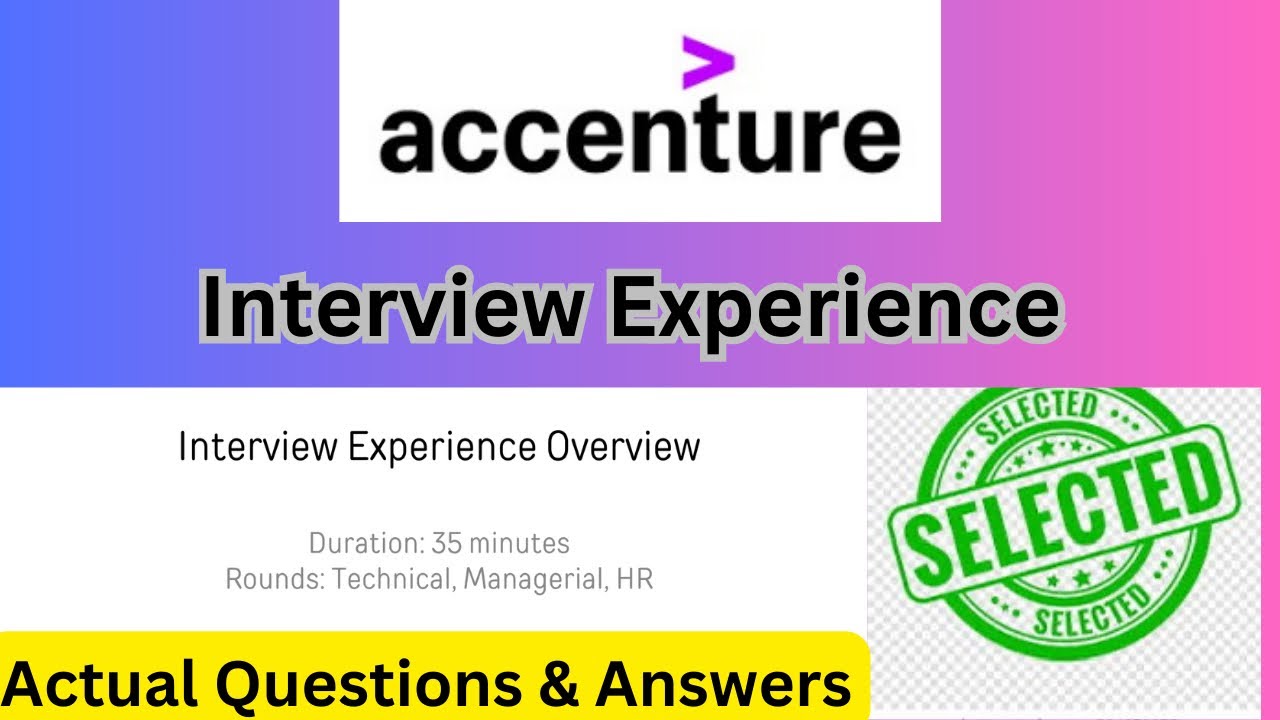English Job Interview
Summary
TLDRThis transcript offers comprehensive advice for preparing for a job interview, covering essential aspects such as introducing oneself, discussing strengths and weaknesses, handling questions about previous job experience, and setting career goals. It highlights key interview questions, such as 'Tell me about yourself', 'Why do you want to work with our company?', and 'What are your short- and long-term goals?'. The script also provides guidance on addressing weaknesses, discussing salary expectations, and asking insightful questions during an interview. Overall, the transcript serves as a detailed guide to acing job interviews with confidence and professionalism.
Takeaways
- 😀 Start your interview response by introducing your name, address, educational background, and professional experience, even if it's through training or internships.
- 😀 🧑🏫 Highlight your strengths such as communication skills, energy, and the ability to work well with customers or as an organizer.
- 😀 💼 If asked why you should be hired, mention your experience, training, and certification, even if you're a fresh graduate with limited work experience.
- 😀 🌟 When discussing your weaknesses, provide an example and explain how you're working to improve it (e.g., overcoming public speaking fears with training).
- 😀 🎯 Share your career goals, both short-term and long-term, such as progressing into a management position or becoming an expert in your field.
- 😀 🔄 Be optimistic when discussing your future. For example, mention plans to improve and advance in your role over the next few years.
- 😀 🏢 If asked why you're interested in the company, connect your goals and skills to what the company offers and align it with your professional growth.
- 😀 💡 Understand and research the company profile before the interview to demonstrate your genuine interest in the company and its values.
- 😀 💰 When discussing salary expectations, avoid specifying exact numbers. Instead, refer to the salary range and benefits from your previous experience, if applicable.
- 😀 🤔 Always ask insightful questions at the end of the interview. Inquire about things like career progression, job training, work hours, and company policies to show your interest.
Q & A
What should be the first step when introducing yourself in a job interview?
-Start with your name, followed by your contact information, education, and any relevant work experience or internships. If you're a fresh graduate, mention any training programs or internships you've participated in.
How should you describe your strengths in an interview?
-Focus on specific skills such as communication, flexibility, decision-making, and leadership. Avoid vague words like 'nice' and be honest about your capabilities, providing examples where possible.
What is a good way to handle questions about weaknesses during a job interview?
-Be honest about your weaknesses but show how you've worked on improving them. For example, if you're uncomfortable with public speaking, mention how you’ve attended courses or training to improve this skill.
What are the key components of explaining your career goals during an interview?
-Clearly outline both short-term and long-term goals. Short-term goals could involve mastering your current role, while long-term goals could focus on growth, such as becoming a manager or entrepreneur.
Why is it important to explain why you want to join a specific company during an interview?
-This demonstrates that you've researched the company and understand its mission, values, and growth opportunities. It also shows that your career goals align with the company's objectives.
How should you respond to questions about your previous job and why you left?
-Link your reason for leaving to your career goals. For example, if you previously worked in a field unrelated to your degree, explain how the new job better matches your career aspirations and studies.
How should you handle salary discussions during an interview?
-Instead of naming a specific figure, explain the salary and benefits package from your previous job. If you’re a fresh graduate, focus on the value you can bring to the company and your eagerness to learn.
What are some good questions to ask the interviewer at the end of the interview?
-Ask about the company’s structure, career progression opportunities, job responsibilities, training programs, and the company’s work environment. This shows your interest in the company and the role.
What should you do if you don’t know the answer to a technical question during the interview?
-It’s important to remain calm and honest. Acknowledge the gap in knowledge, but emphasize your willingness to learn and adapt. You can also ask for clarification if needed.
How can you present your skills effectively in a job interview?
-Use examples to highlight your strengths and achievements, such as training programs, internships, or past job experience that demonstrate your skills in action. Relate your experiences to the job you're applying for.
Outlines

This section is available to paid users only. Please upgrade to access this part.
Upgrade NowMindmap

This section is available to paid users only. Please upgrade to access this part.
Upgrade NowKeywords

This section is available to paid users only. Please upgrade to access this part.
Upgrade NowHighlights

This section is available to paid users only. Please upgrade to access this part.
Upgrade NowTranscripts

This section is available to paid users only. Please upgrade to access this part.
Upgrade NowBrowse More Related Video

[GENERASI CUAN] Cara Jawab Pertanyaan Menjebak Saat Wawancara Kerja

Accenture Interview Experience || Selected Candidate

Best strategies to answer 10 Top Questions asked in Interviews

TOP 21 QUICK ANSWERS TO JOB INTERVIEW QUESTIONS!

TOP 10 INTERVIEW QUESTIONS & ANSWERS! (How to PREPARE for an INTERVIEW!) INTERVIEW TIPS!

ATTENDING INTERVIEW - CAREER COMMUNICATION @jackarea2002
5.0 / 5 (0 votes)